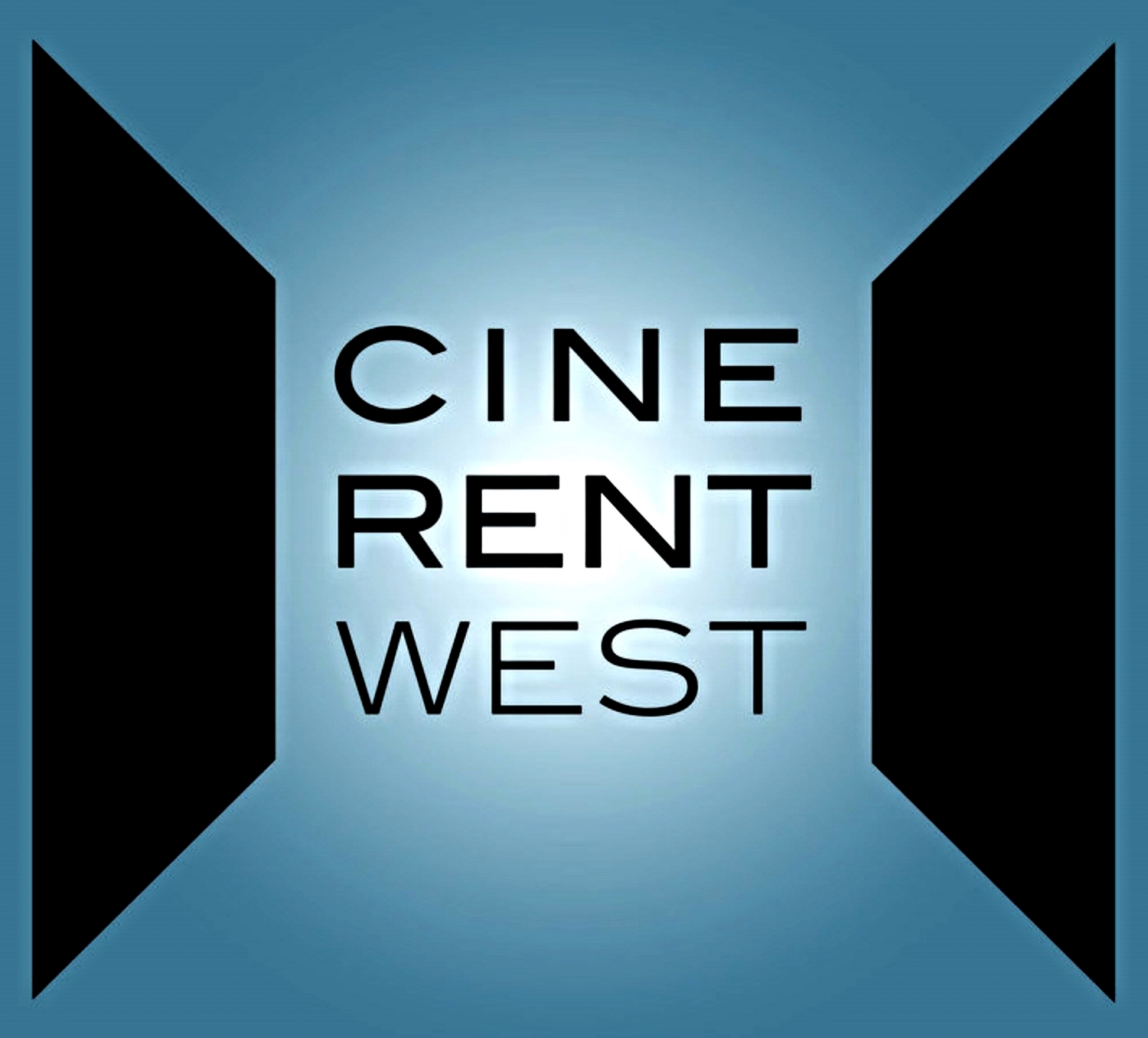It's Time We Had That Uncomfortable Talk (Yes, The One About Money)
/According to a recent survey by Wells Fargo, money is the last thing that people want to talk about. Their respondents ranked the discussion of death as difficult, but then ranked talking about financial subjects as even more difficult (by 16%).
Which is probably why funeral directors don't make a much as financial advisors.
In our industry, money is an especially dicey subject.
First of all, production does have the potential to be very expensive. Three days with actors, and full crew, and custom props can easily cost over $100,000.
Second, clients often have an unrealistic view of what can be done through the magic of digital technology. You know you can't shoot two people on a green screen and create "Gone With The Wind" in post. But when you try to explain it to the client, it sounds like you're just digging for money.
Third, there always seems to be somebody who will do it for less--making your reasonable budget (the one the client thought was great last time) seem high. Unfortunately, many clients don't understand that production is not a commodity. You can't simply hand your script to the low-bid producer and expect to get the same quality.
Just because Denny's and Le Pigeon both have a burger on the menu doesn't mean that they are going to be anywhere near the same culinary experience.
So this reluctance to have frank conversations about budgets with clients--we're creatives not CPAs for Pete's sake--along with clients who simply don't know what everything costs, has led to an environment where producers are getting caught short. They're being asked to do better, more elaborate jobs for less. And they're not sure where the slack is supposed to come from.
While it's true that camera, lighting, and post technology have led to gains in speed, efficiency and picture quality, a shoot still requires a lot of skilled people. And there's no way to cut corners without hurting the end result.
As the old adage goes: Price, Quality, Speed. Pick any two.
Tips For Counteracting In A Deflationary Environment
1. Be transparent with your clients. Don't be the magician with the black box. When you're planning a production, show them everything that's involved, including your hard costs. You're saying, "This is exactly why I charge you what I do." And they'll not only see that there are a lot of budget items they weren't aware of, but that you've left no room to gouge them. Note: Before you do this, make sure you're NOT gouging them.
2. Have a low cost option. If a client wants you to do a $40,000 production for $20,000, you don't need to toss them out on the sidewalk. Figure out how to give them some version of what they want at that price. Then give them the option to add things back in at fixed rates. This is what the airlines do. That super-saver fare gets you a seat and an air-sickness bag. Want to bring luggage? That'll cost extra.
3. Have a better plan. Or maybe we should say have a bigger plan. Has the following ever happened to you? You have your budget. Things are moving along your production timeline. But either fate your client throws in some things that affect your budget. If things continue unchanged, you're going to burn through the money before you're able to finish.
It's cases like this where you need contingency plans and you need to communicate them to your client ahead of time. "If we hire the additional Kabuki troop, that's going to require us to add to the budget or cut something to pay for it." It's uncomfortable to talk about money, but you have to address it.
4. Be irresistibly good at what you do. That's easy to say, isn't it? But the lack of a budget is usually the lack of perceived value on the part of the client. They will happily pay for what they believe is worth it. If you could demonstrate the added value, they would happily pay you twice what they did last time.
So be constantly making your self more worth it. Upgrade your skills, stay abreast of the latest things that are working, know your client's goals and pain points, and learn everything you can about their industry. Bring them tangible value, and they'd be nuts to go with someone else no matter how much they save.
5. Know when to say "No thanks." Again and again we've seen that a client who starts with a bare bones budget and is always concerned about every nickel rarely turns out to be somebody you want to work for in the long term. It's not you, it's them. And you have to believe there are many other clients out there who will value what you do for them.
Clients who are constantly grinding down their vendors can usually find somebody who will do their production at a bargain basement price. But they will eventually pay for it in poor quality, inconsistency in their brand, and a bad reputation.
Death, Taxes, and Low Budgets
Ever since the first Mesopotamian opened up a bazaar, people have been looking for a bargain. It's not unique to our era, and will continue into the future.
Clients have always and will always try to figure out ways to do production more cheaply.
If you can have that uncomfortable conversation with them, the one about money not death, they will have a better understanding of why they should invest in you.


